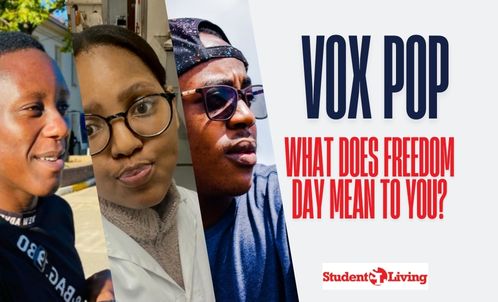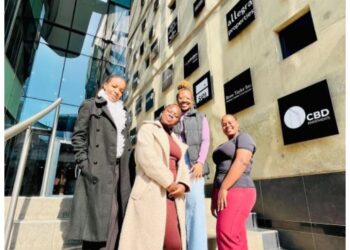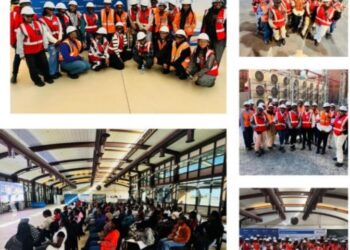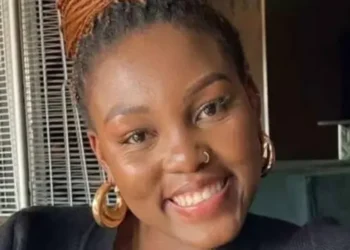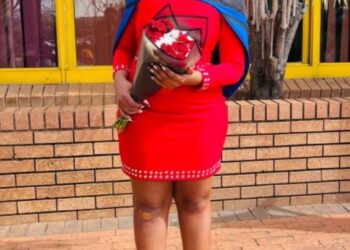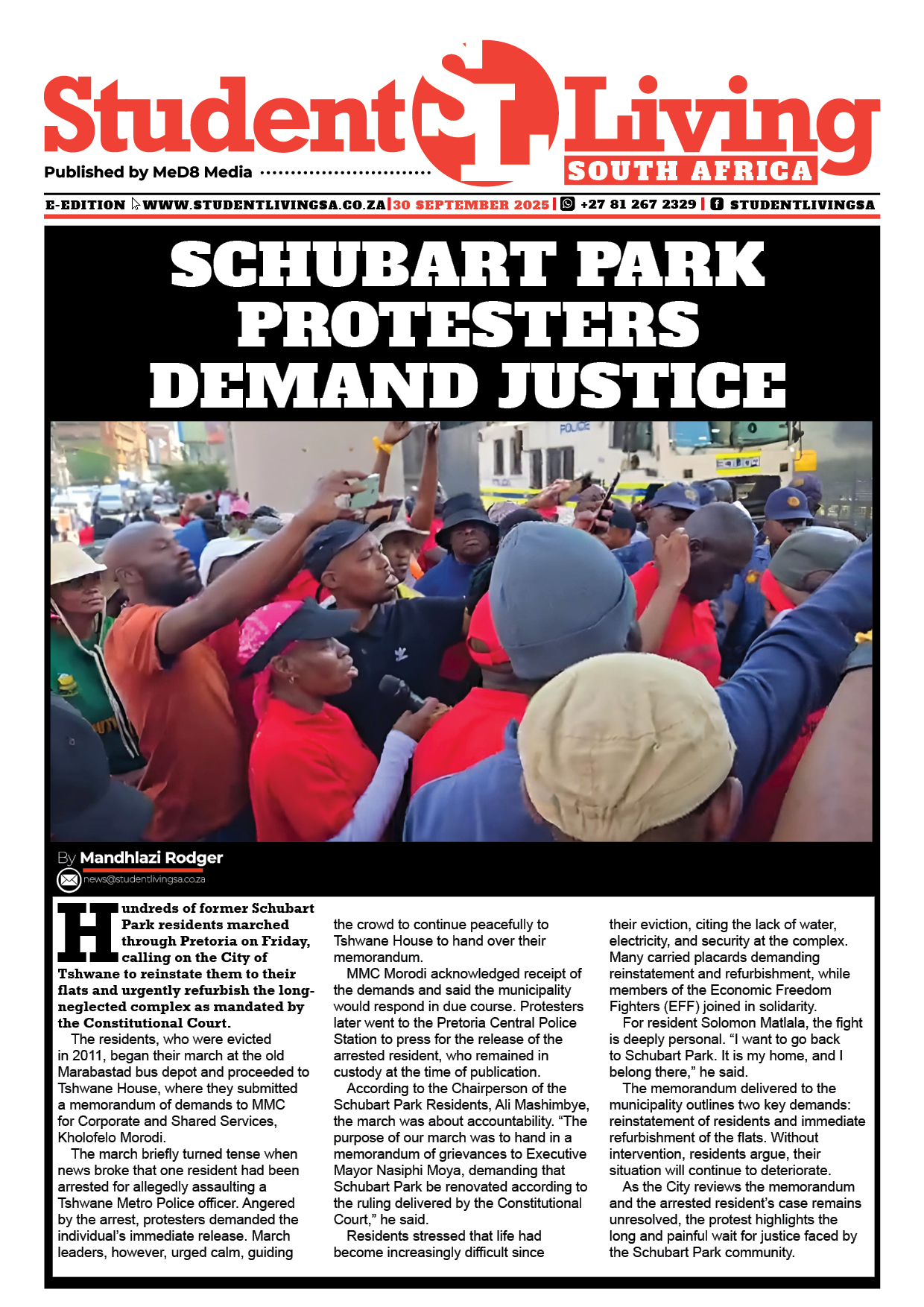By Tumelo Matlala
Freedom Day was commemorated on the April 27 in celebration of the first democratic elections in South Africa, which took place on April 27, 1994. On this day people of all races commemorate the first national elections in the country after apartheid, which saw people of any race being allowed to cast their votes. Young people have expressed what this day prevails to them and they said :

Katlego Morobi, 26 , Production Assistant in Multichoice Talent Factory & Tshedza Pictures outlined that “Freedom day is basically a reminder that Black South Africans or native South Africans have still not yet gained independence from colonisers. The day reminds me of the betrayal of the ruling party through the 1990 to 1994 negotiations with the National Party to sell the idea of Freedom to the majority while the colonisers still have full control of the country. While the rest of the African countries celebrate a day of independence, South Africans only celebrate freedom, which means that the idea of independence is lost to us because the colonisers have only granted us freedom through the negotiations, provided that we do not continue to fight for full independence.
Independence is when you are given a key to a new house that you will occupy by yourself and you have the right to write the laws of how the house is run, without parental consent. So all I can say is Freedom Day is just a reminder that we are still colonised and we will only get independence once the ruling party is voted out of parliament because they are the ones who signed a deal of freedom and not Independence.”

Thabo Maema , a fourth year student in Bachelor of arts 20 said “ To me, Freedom Day is a reminder of the sacrifices made for equality and dignity. It represents the right to live without fear, to speak freely, and to pursue opportunities regardless of background. It impacts my community by reminding us of our shared history and the ongoing work needed to ensure justice and inclusion for all. “

Poppy Mokake, 25 , an engineer student expressed that “ Freedom Day feels more theatric than real. Thirty years after apartheid, South Africa remains deeply unequal—media is censored, racism is still aggressively high , and most wealth remains in white hands. The killer of Steve Biko walks free and unrepentant, no remorse and genuinely doesn’t care, showing how little justice has been served. Land has not been returned, and true accountability is avoided. We are still segregated and oppressed in many ways. This is not the freedom we were promised. Our people died for nothing.
This version of freedom, where only a few benefit while the majority continue to suffer, is not true liberation. Until we confront these uncomfortable truths and begin to dismantle the systems that perpetuate inequality, Freedom Day will remain a painful reminder of a dream deferred.”
Concluding, Khethiwe Mashigo, 32, integrated communications facilitator, “If Freedom Day means Black people are freed then it is not something I would celebrate. I think it is more about white people. They are free from revenge from the oppressed. Black people are not freed from anything. Their land is still not in their possesion, They don’t not have economic freedom. They are slaves who are blinded by a set of rights and rules.”


